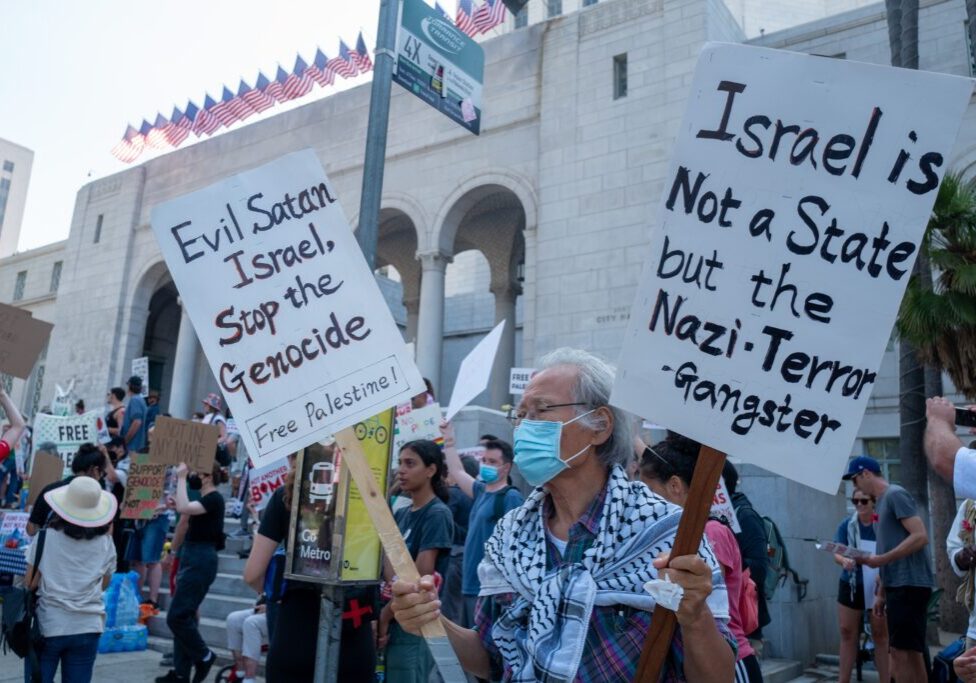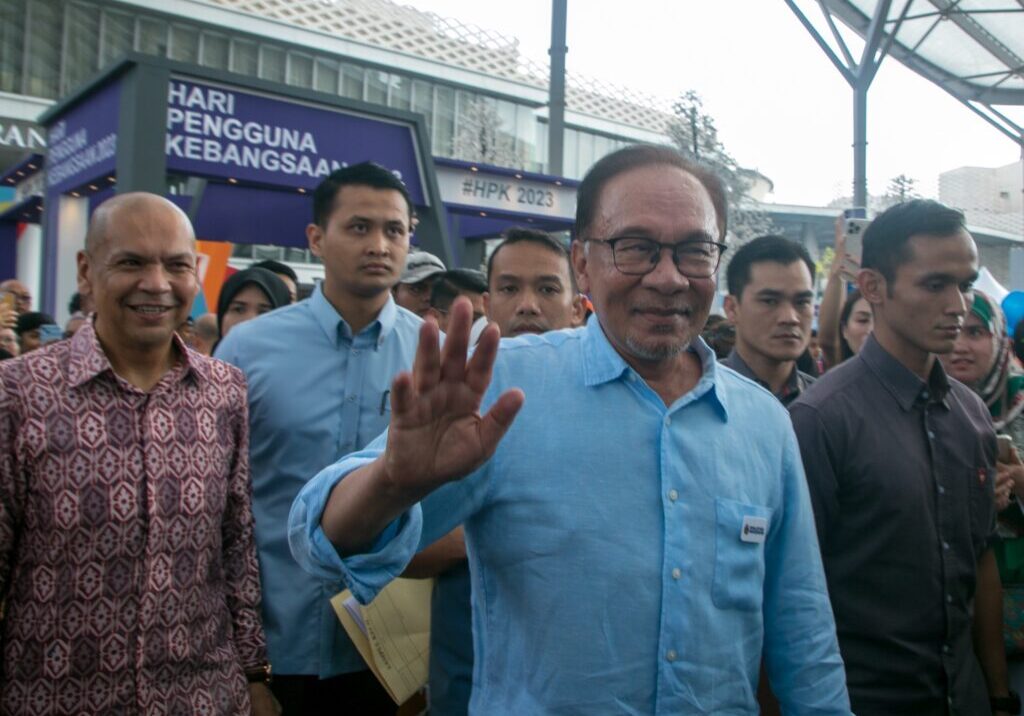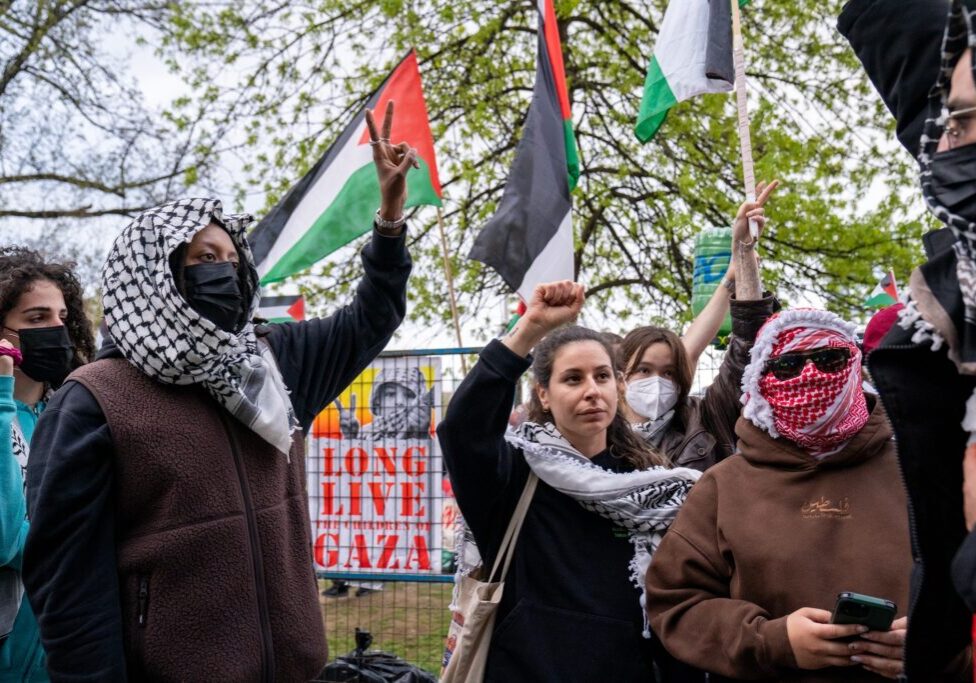Australia/Israel Review
Scribblings: Why Palestinians are a terrorism outlier
Sep 18, 2013 | Tzvi Fleischer
Tzvi Fleischer
Why Palestinians are a terrorism outlier
The latest Pew survey of the attitudes of Muslims in Muslim-majority countries towards terrorism and al-Qaeda is mostly good news. Al-Qaeda’s popularity seems to continue to wane across the Muslim world, with the group viewed unfavourably by 57% of all those surveyed, against 13% favourably, and viewed more unfavourably than favourably in every one of the 11 countries and regions that took part. The highest unfavourability ratings were in Lebanon (96%), Jordan (81%), Turkey (73%), and Egypt (69%). This may not sound that impressive, but in 2003 and 2004, there were majority or near majority expressions of confidence in Osama Bin Laden in several of the countries surveyed, including Jordan, Pakistan, Indonesia and Morocco.
Then there is the issue of suicide bombings targeting civilians. Numbers in support of this tactic are low and falling across most of the countries surveyed. Majorities in most of the 11 countries and regions say such attacks are never justified – Pakistan (89%), Indonesia (81%), Nigeria (78%), Tunisia (77%), Malaysia (58%), Turkey (54%) and Jordan (53%). A comparison over time done by Pew of those answering that suicide terror was “sometimes” or “often” justified shows definite declining trends in most of the 11 countries and areas over the last decade – though Turkey appears to be an exception with the percentage of Turks saying terrorism is “sometimes” or “often” justified jumping from 7% to 16% over the last year.
But there is one major outlier in the data on suicide terrorism – the Palestinian territories. Sixty-two percent of Palestinians surveyed said suicide terrorism directed at civilians is often or sometimes justified, far and away the highest across the 11 surveyed areas. The next highest was Lebanon with 33%. Further, only 16% of Palestinians said it was never justified, by far the lowest percentage of those surveyed, with the next lowest Egyptians at 39%.
Palestinians are also an outlier on al-Qaeda, with 35% viewing the group favourably, again easily the highest among any group surveyed.
Why are Palestinians so out of step with other Muslim-majority peoples on terrorism? While some might argue it is because they are in conflict with Israel, it is worth remembering that lots of other surveyed populations are also involved in conflicts and have suffered more recent violence – Egyptians amongst themselves, Pakistanis facing major internal terrorism and violence from Afghanistan and border disputes with India, Nigeria also suffering major ethnic violence, Turks fighting Kurdish separatists, Lebanon constantly caught in various crossfires, internal and external.
No, the scale of the discrepancy can plausibly be explained only in one way – the constant exaltation of terrorists and their acts in Palestinian media, Palestinian politics, and Palestinian education. As AIR documented in a cover story in June 2010, the Palestinian Authority (PA) routinely names dozens of schools, streets, neighbourhoods and sporting facilities after terrorists, as well as sporting events, sports teams and summer camps. Palestinian TV pays tribute to them in music videos and other programs. Official PA representatives, including President Mahmoud Abbas, put out statements and attend ceremonies honouring terrorists.
The Pew survey seems to me to be empirical proof that this form of incitement matters a great deal, and needs to be urgently addressed if the preconditions for a genuine two-state peace are to be built.
When Palestinian human rights don’t matter
Palestinian “human rights” groups usually get considerable international media attention for their reports, media releases and statements. Dozens of stories circulated in the international press and wire services each year alleging Israeli misbehaviour result directly from claims made by these groups.
But when the claims do not relate to Israeli misbehaviour, it is amazing how little interest these claims excite.
A good example is a media release from the Palestinian Centre for Human Rights (PCHR) in Gaza on July 29. The group expressed “grave concern” about the fate of 36 Gaza patients with Leukemia, saying these patients “may have serious complications leading to death if they do not receive their treatment immediately.”
PCHR says these patients have not received the medication they need since December 2012, because Shifa Hospital in Gaza ran out and the PA Ministry of Health has neglected or refused to renew supplies. The NGO called on PA President Abbas to intervene to supply the medication after appeals to the PA Ministry of Health and the responsible PA Minister failed to solve the problem.
It’s a tragic story and hopefully the problem has since been resolved – although the PCHR website offers no subsequent update on the situation. But in any case, if a similar claim had been made about Israel blocking a vital life-saving treatment for eight months to dozens of mortally ill Palestinians, it would have been all over the international and Arab papers, together with heart-wrenching profiles of the suffering patients and pictures of them in their hospital beds.
But it has not been reported anywhere at all – except on a few blogs – as far as we have been able to ascertain. Not even in Arab papers where the situation of Palestinians is usually an obsession.
Of course, even at the height of the “blockade”, Israel never blocked the entry of medicines to Gaza. While there have been difficulties with medical supplies in Gaza before, these have actually been caused largely by similar disagreements or disfunctionalities between the PA health apparatus and those in Hamas-ruled Gaza, including in at least some cases, disputes over payment. But this has never been reported internationally to any significant extent.
The point is that it appears that Palestinian suffering, and the work of human rights NGOs regarding this, is of interest to the media not because there is intrinsic interest in the Palestinians or their human rights as such, but only insofar as it relates to Israel.
Tags: Indonesia, Islamic Extremism, Malaysia






